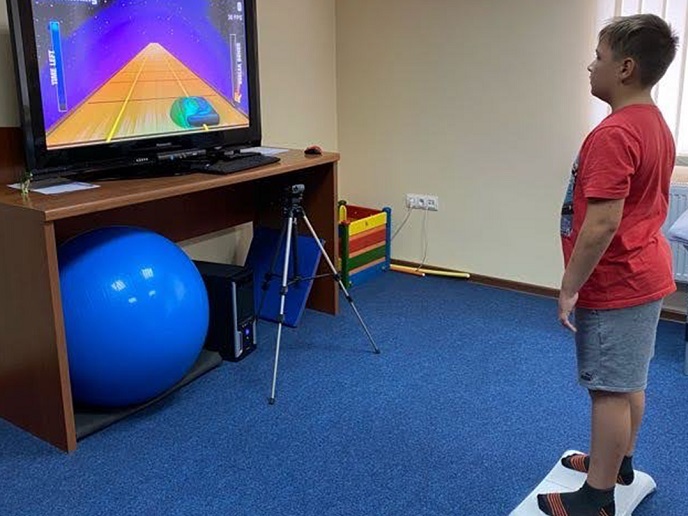Gaming platform puts the fun into cerebral palsy rehabilitation
Cerebral palsy(opens in new window) (CP) is a group of neurological disorders that affect movement, balance, coordination and posture. It is caused by damage to the brain before, during or immediately after birth and is the most common motor disability in childhood. Treatment typically includes: physical therapy to improve muscle strength and coordination; occupational therapy to support daily activities, and speech therapy to improve communication skills. Medications may also be prescribed to control seizures, and in some cases surgery may be recommended. While these can improve quality of life, they have limitations. Physical therapy, for example, requires a significant commitment of time and money. “Another problem is that patients often find rehabilitation boring. We wanted to make it fun,” says Kjetil Helland from the EU-supported, AbleGames project. This project’s platform, Stasism(opens in new window), designed for the home or clinic, uses serious gaming to provide rehabilitation and social networking. “People with disabilities often experience social exclusion, so we provide a way for them to socialise and support each other. Rehabilitation-wise, our games have improved the balance of people with CP in as little as two weeks(opens in new window),” notes Helland. Prior to the project, the platform had already been validated in relevant environments. EU support enabled the team to prepare it for commercial release.
The sweet spot: when science meets entertainment
Stasism was developed with the help of doctors, therapists, researchers, designers, artists and professional game developers. “Science ensures the platform actually helps people with CP, entertainment ensures that people actually want to use it,” explains Helland. The platform was designed to be user-friendly and low-cost, only requiring a standard PC/laptop with a web camera and a balance board, made by HuginTech(opens in new window), the project host. After registration, the interface conducts an assessment of users to personalise the platform. “Unlike most current platforms, Stasism uses artificial intelligence to adapt the gaming to each individual’s abilities, adjusting difficulty levels and gaming set-ups accordingly. The web camera and balance board also automatically adjust to the range of motion of the body part used,” explains Helland. The games indicate which body part is being targeted, giving information about the specific balance, posture and precision training delivered. Users – patients or therapists – can set time-bound goals and all training data is collected to track progress, which can include real-time updates. As the games are controlled by body movement, a mouse or joystick is not required, making the games more immersive, and the system can work with users standing, using a mobility aid or sitting. Users can play alone or with others, using the chat facility and adopting avatars. Stasism has been undergoing continuous piloting on hundreds of people with CP ranging in age from three to 75, in Ireland, Spain and Ukraine. “Our pilots ensured that the system was tested daily by CP patients along with their therapists and doctors. The reception has been very positive, based on satisfaction surveys,” adds Helland.
Not just a new product, but a new market
The team is preparing to make the technology commercially available in early 2023, targeting both home users and medical settings. The system will be released as a subscription service, ensuring its long-term research and development. In fact, the team will include several researchers studying Stasism as part of their PhDs or master’s degrees, with everyone contributing to continuous content and feature updates. “We are proud to have created a holistic platform for people with CP, and also to have opened up a new market with no offerings like ours,” concludes Helland.







